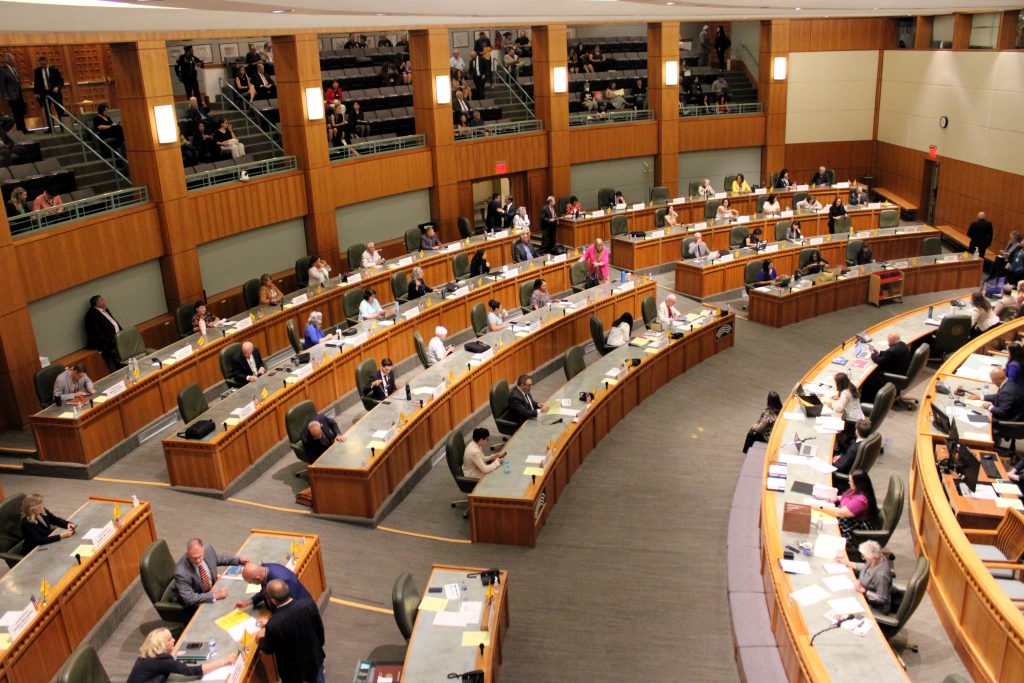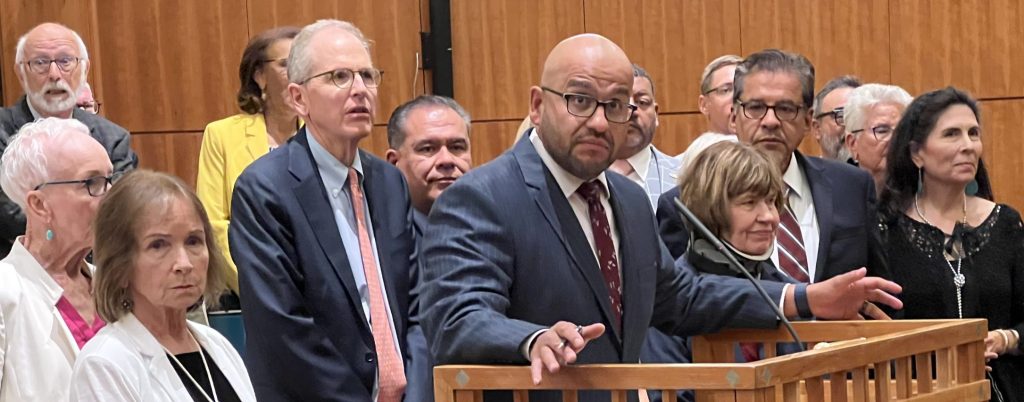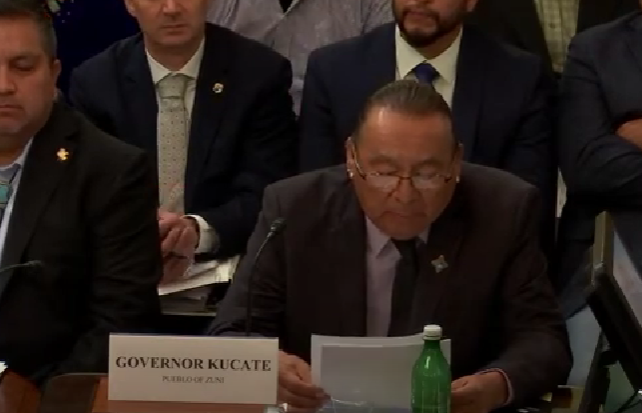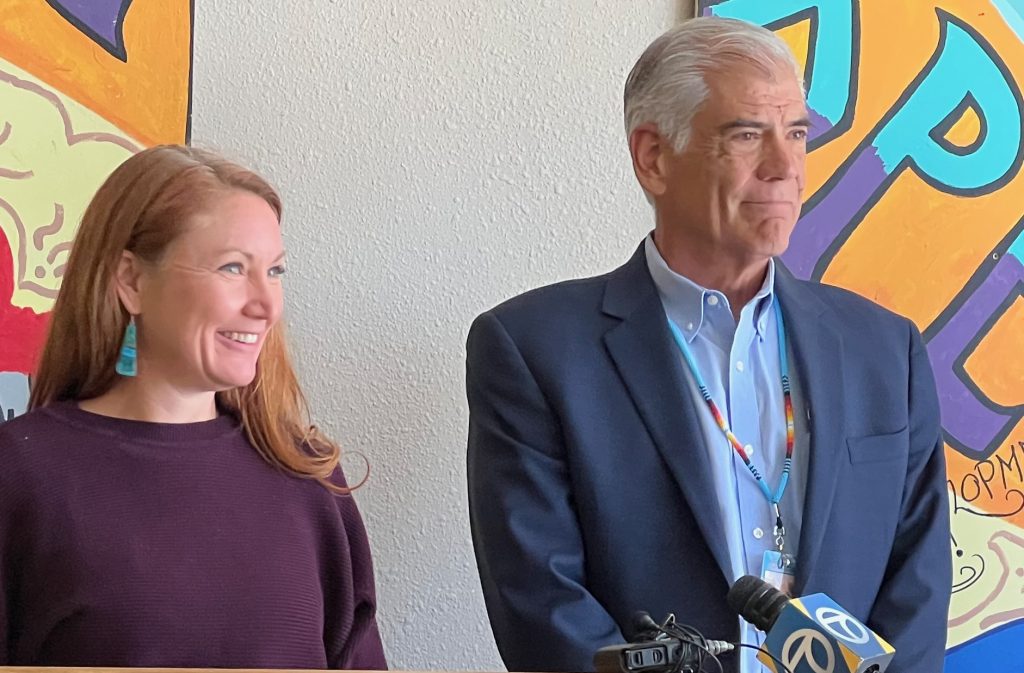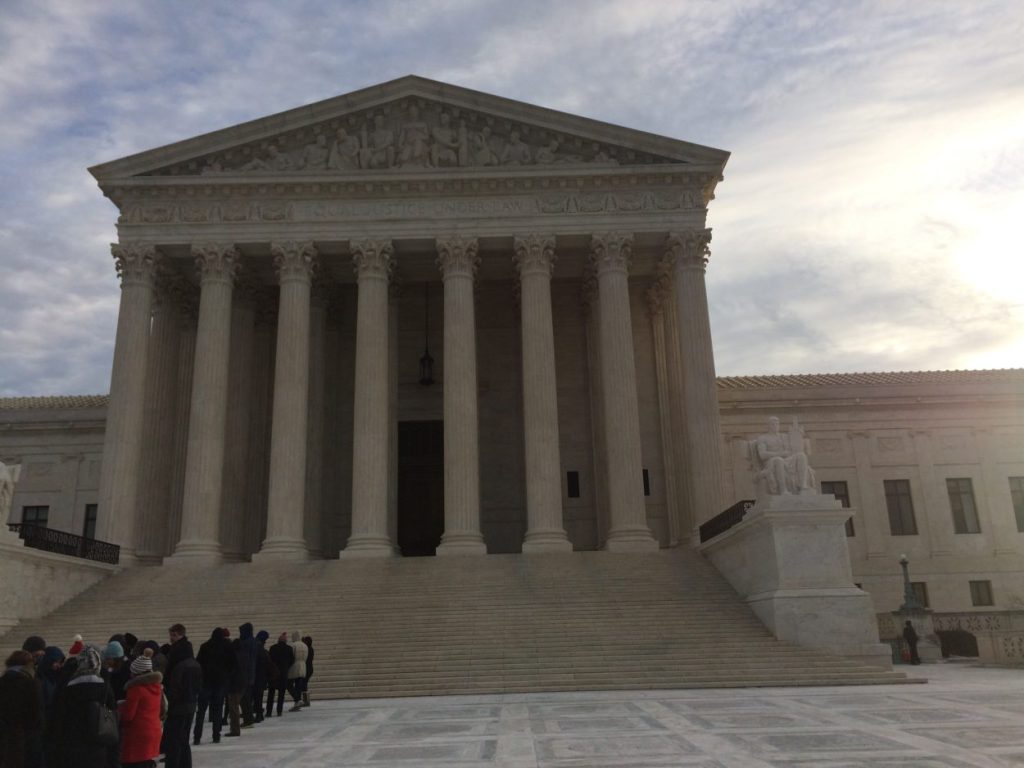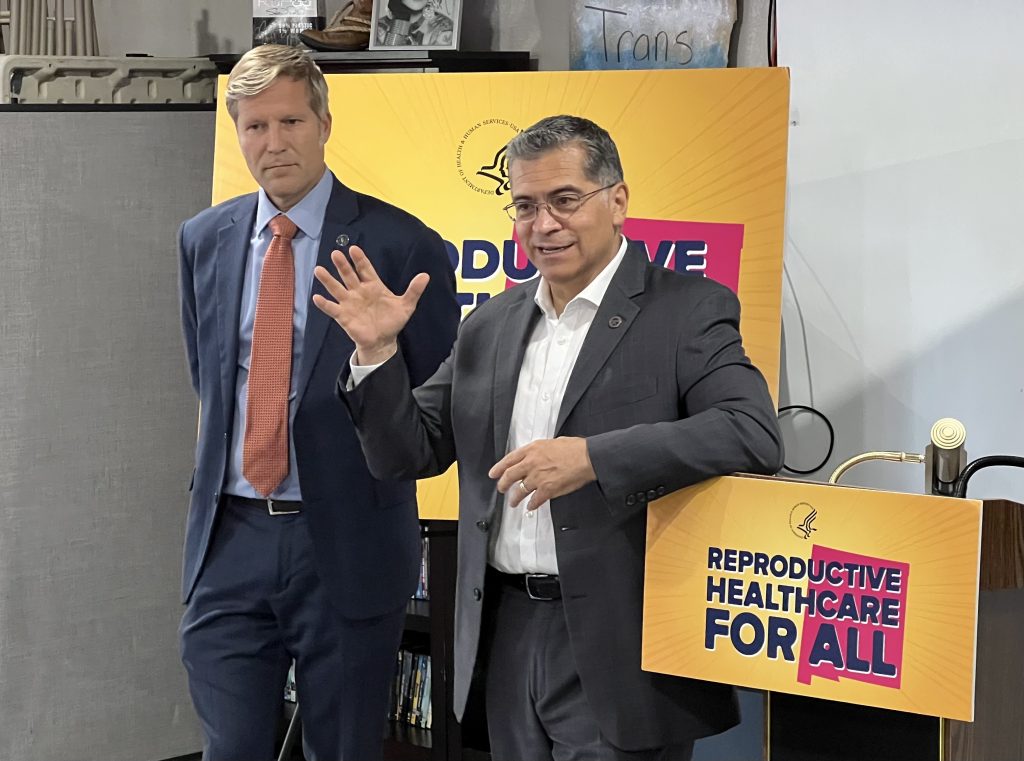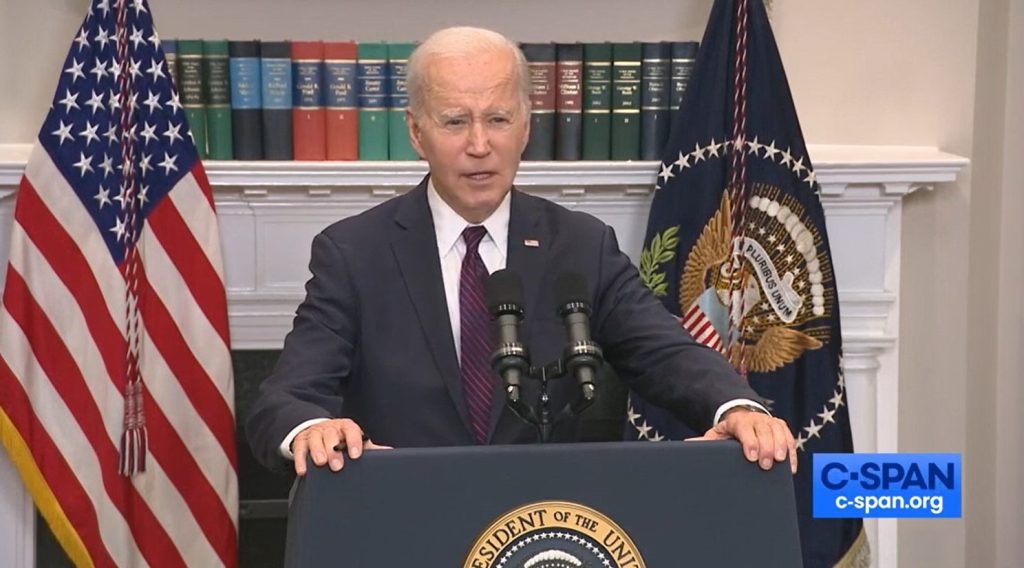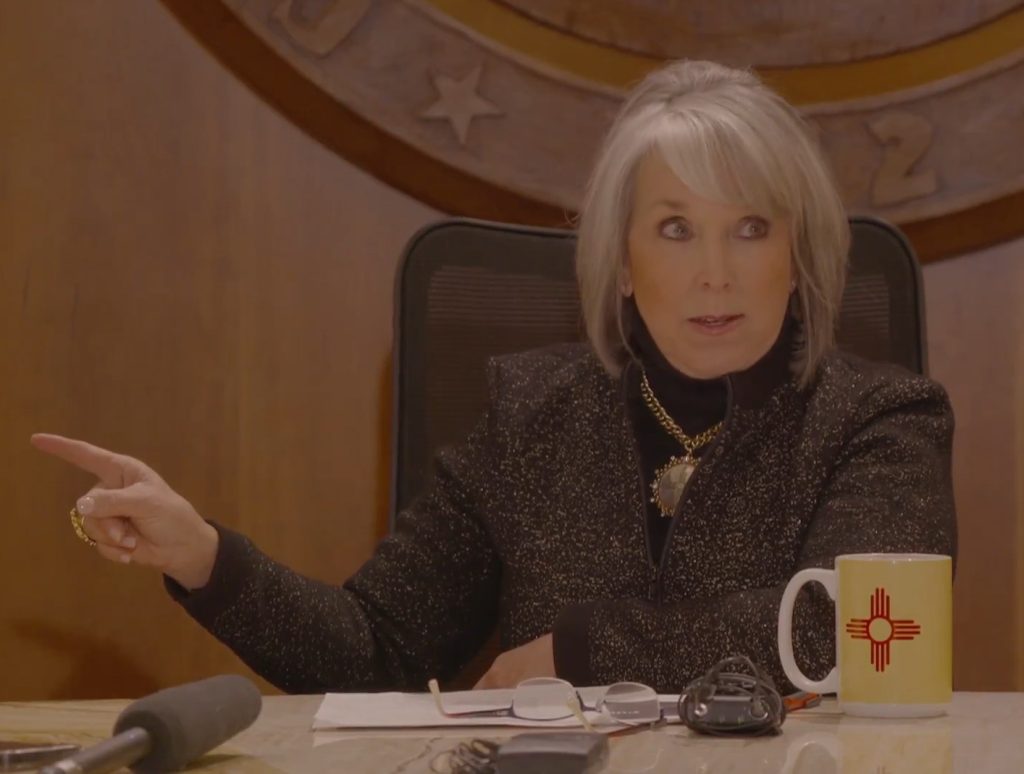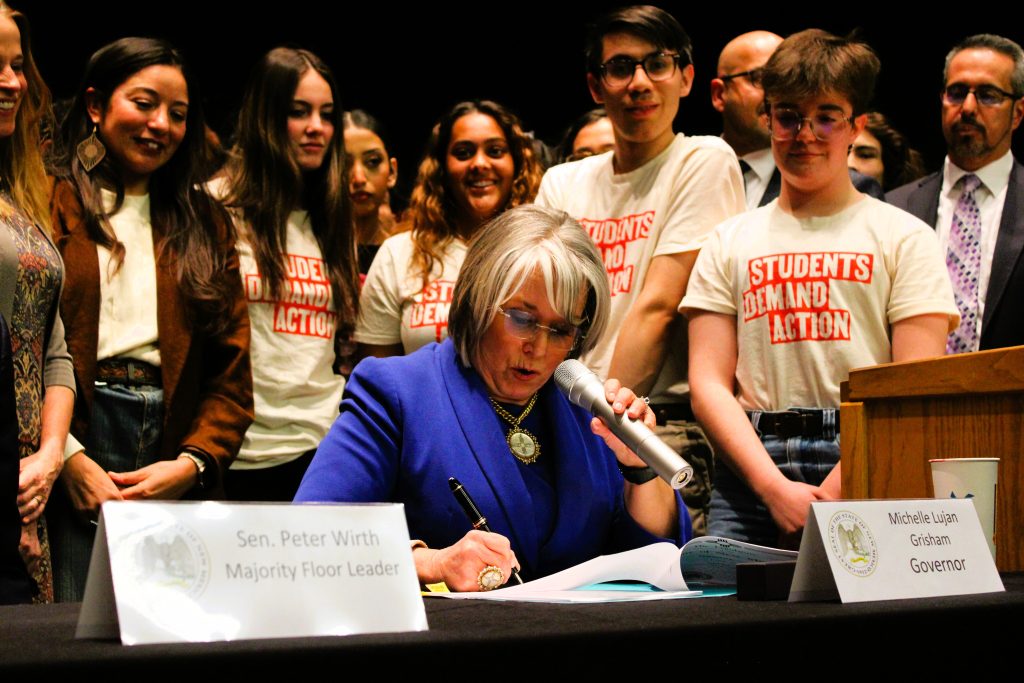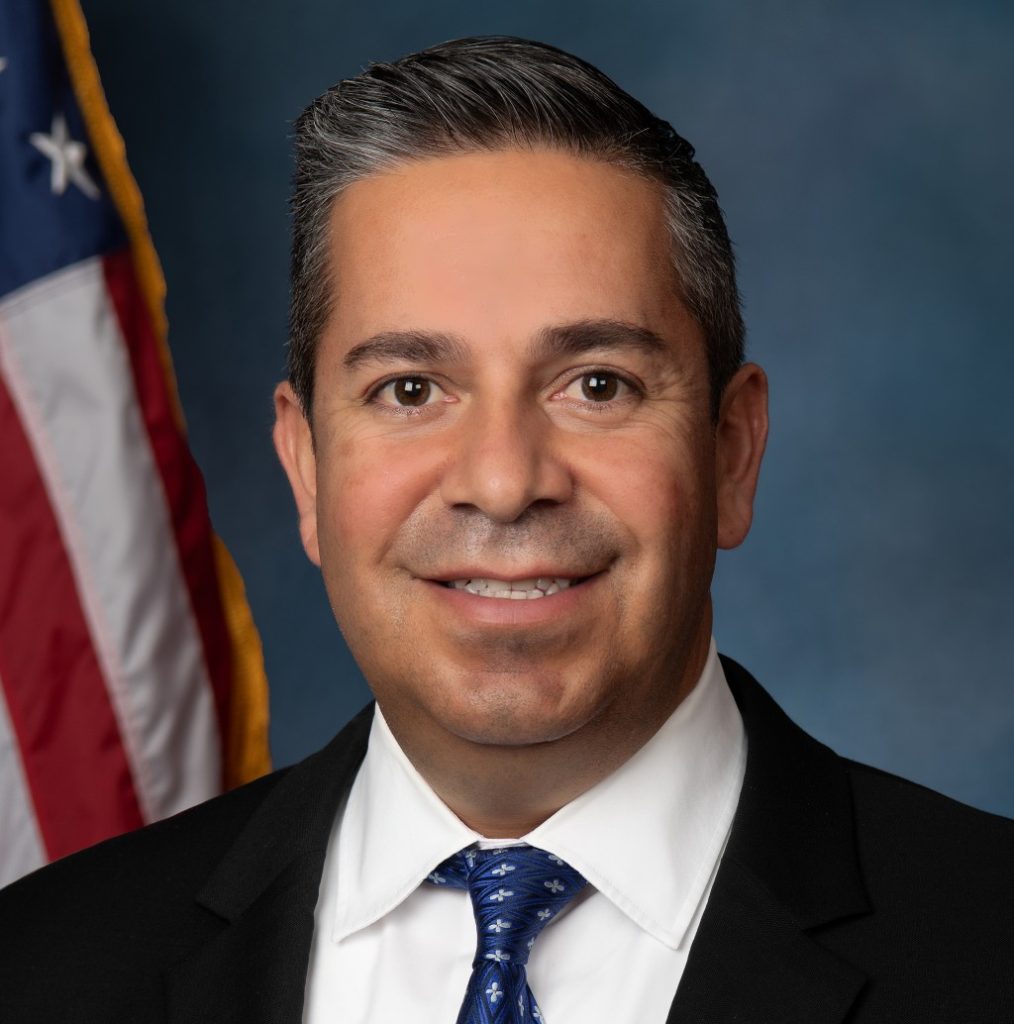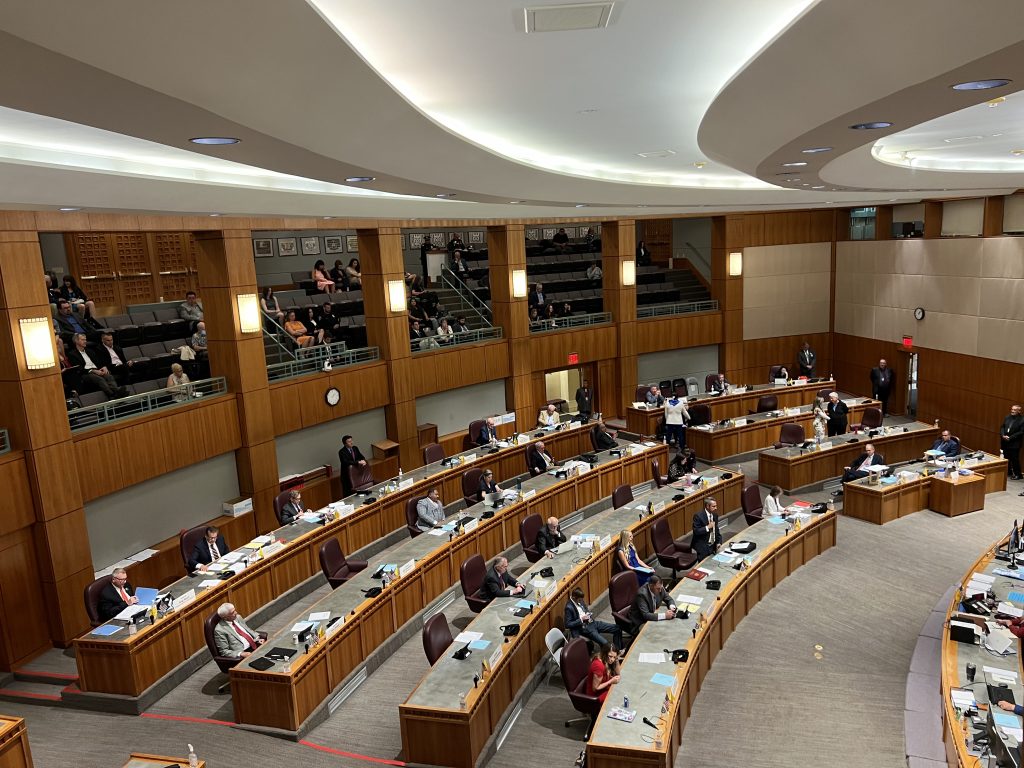A Santa Fe district court judge handed down fines to the state’s Public Education Department Thursday afternoon for failing to properly respond to public records requests from a teachers’ union.

The state must pay nearly $500, plus attorneys fees, for failing to abide by the New Mexico Inspection of Public Records Act (IPRA).
The main contention was the union’s records request centered around National Education Association New Mexico (NEA) attorney Jerry Todd Wertheim said was “the core of public debate over the teacher evaluation system.”
The union asked for all public documents associated with a claim often repeated by PED Secretary Hanna Skandera and others over the years—that the previous state teacher evaluation system found more than 99 percent of the state’s teachers competent. They said this showed it was not an effective evaluation.
Charles Goodmacher, NEA’s government relations director, said that the statement has “no basis in fact.”
“That was used for cover for the [new] evaluations,” he said.
Teachers, unions and advocates have long argued that the state’s current teacher evaluations, which in most cases base half the score on standardized test results, are unfair.
Last spring, Goodmacher filed the request with the New Mexico Public Education Department. The law states that public agencies must fulfill the public records requests within 15 days, unless the request is deemed “broad and burdensome.”
The education department deemed Goodmacher’s request burdensome and didn’t respond to it for three months. Then, it concluded in its eventual response that it had no documents related to the request.
In September, NEA filed suit, alleging that the education department violated IPRA on this and two other public records requests (both the other requests concerned documents about the software used for the teacher evaluation system).
After the union filed suit, the education department wrote to the union about a study on passage rates for teacher dossiers. Under the state education system, teachers must complete a “professional development dossier” after the first five years of teaching. If they do so successfully, they advance to a Level 2 teacher certification. Teacher certifications in New Mexico have three levels, with a pay bump at each level.
The 99 percent figures came from the number of teachers who applied to and advanced onto new certification levels in 2010, which only represented a third of all teachers in the state. That year, roughly 7,000 of the state’s 21,000 teachers submitted new dossiers, and more than 99 percent passed.
Goodmacher said the study is an unfair representation of how the previous system evaluated all teachers because it only referred to around one-third of all teachers in the state.
“That study was about people who passed the dossier process,” he said.
Though IPRA allows damages of up to $100 a day for every day a public agency doesn’t comply with the law, Singleton ordered a $5 per day damage from Aug 1, the day that the education department failed to meet its “overly burdensome” deadline, through Nov. 5, the day when the first court hearing was requested.
That amounts to $485. How much the state must pay in lawyers fees will be determined at a future hearing.
During the hearing, Singleton rejected the union’s arguments that the department didn’t perform the records request in “good faith.”
Two department employees testified: Records Custodian Beverly Friedman and Director of Educator Quality Matthew Montaño. Both said they faced more than 100 different IPRA requests during the time of Goodmacher’s request.
But both acknowledged that they only searched through emails of Montaño and “possibly” a former department employee who conducted the “99 percent” study.
Wertheim argued that the failure to check emails from employees like Skandera and then-spokesman Larry Behrens violated IPRA. He also took issue with the education department’s unwillingness to call or provide the name of the former employee who conducted the”99 percent” study.
“This is the kind of bureaucratic—I’m going to use the word—bureaucratic nonsense that the Legislature directly did not want,” Wertheim said. “This is not a good faith effort.”
Singleton, however, said she felt “that the search was reasonable.”
Singleton also ordered the state to pay court fees for the other two requests because documents weren’t provided until after NEA filed suit.


